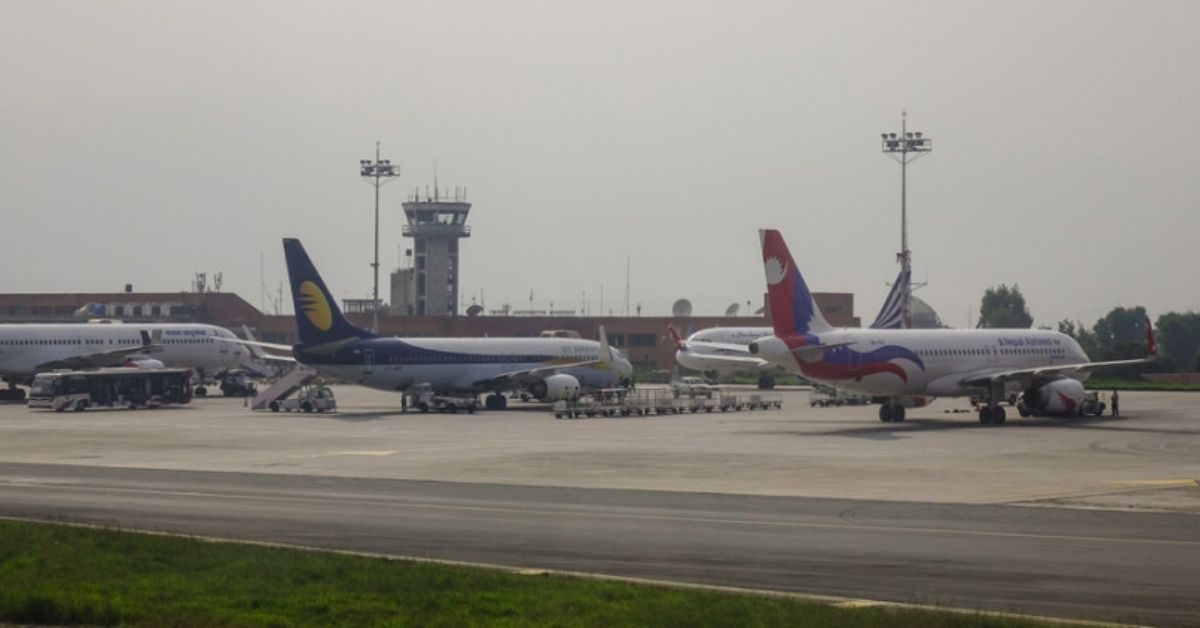Rwanda will be the second African country after Egypt to sign an air service agreement (ASA) with Nepal. Switzerland wants to sign an ASA as Swiss Air is interested in flying to Nepal, officials said.
The United States has also sent a formal proposal to sign an ASA with Nepal under an open skies policy. According to government officials, talks are in the initial phase.
Nepal and the US established diplomatic relations in 1947, but the two countries have no air services between them even after 75 years.
In pre-pandemic 2019, the US sent the third largest number of tourists to Nepal after India and China. A total of 93,218 American tourists visited the Himalayan republic in 2019.
The US is among Nepal’s six largest trading partners, with annual trade between the two countries valued at $300 million.
Nepal’s Parliament has ratified the $500 million aid package under the Millennium Challenge Corporation’s Nepal Compact to expand transmission lines, and air connectivity too has moved up in priority, according to Tourism Ministry officials.
But Nepal may sign ASAs with similarly landlocked Rwanda and Switzerland first to strengthen tourism and trade ties, officials said.
Rwanda, known as “the land of a thousand hills” is situated in East Central Africa.
“We are close to signing the agreement,” said Mukesh Dangol, an official at the Tourism Ministry. Nepal’s first air agreement with an African country, Egypt, was signed in 1997.
Dangol said a draft of the ASA had been sent to the Finance Ministry for its go-ahead. “After we get the green light from the Finance Ministry, the draft will go to the Law Ministry and finally to the Cabinet,” he said.
Rwanda’s Civil Aviation Ministry had sent a proposal to establish air links with Nepal, he added.
The ASA with Rwanda will be under the liberal skies policy which Nepal has adopted, according to officials. Nepal may allocate 21 flights a week on a reciprocal basis. There will be no restrictions on cargo flights.
The agreement includes a provision for code sharing, including third-country code share, where airlines of both countries can partner with other airlines to facilitate services to each other’s markets.
Nepal and Rwanda established diplomatic relations in 2018. Located in the African Great Lakes region, slightly south of the equator, Rwanda is bordered by Uganda, Tanzania, Burundi and the Democratic Republic of the Congo.
According to the website of Nepal’s Foreign Ministry, Rwanda has an area of 26,338 square kilometres and a population of 11 million. Kigali is the capital.
The country is widely admired today for having made phenomenal advances in its economy and governance following the peace process since 1994. Its per capita income is estimated to be $2,090 in 2017, compared to $416 in 1994.
Nepal and Rwanda both are least developed countries and members of the Group of 77 and the Non-Aligned Movement. They are respectively the sixth and fourth largest contributors of troops and police officers to UN peacekeeping, according to Nepal’s Foreign Ministry.
Meanwhile, the Swiss government has set two conditions to sign the ASA—open skies policy and self-ground handling.
“As we have a liberal skies policy, we are not in a position to adopt the open skies policy immediately,” Tourism Ministry officials said.
They also said that the new ASAs would accord priority to the two new international airports in Bhairahawa and Pokhara.
The international airport in Bhairahawa opened in May while Pokhara’s international airport is slated to be inaugurated on January 1.
Since 1963, Nepal has signed ASAs with 40 countries with Australia being the latest.
Nepal’s domestic airlines have been able to draw all-time high passenger numbers, but international carriers serving Kathmandu flew 65 percent fewer passengers in 2021 than in 2019.
According to Tribhuvan International Airport statistics, 1.44 million international travellers passed through Kathmandu last year, down 65.11 percent from 2019. This translates into a loss of 2.69 million passengers.
Aircraft movements also dropped to a 15-year low of 11,760 takeoffs and landings, representing a steep 63.74 percent fall from 2019 figures.
A second wave of the Covid-19 pandemic hit Nepal in April 2021. It pushed the country’s healthcare system to the brink of collapse, leaving it in severe need of medical supplies.
Airline officials say that domestic carriers braved Covid-19 as the sector saw a record 3.5 million passengers in 2021.
In the international sector, however, low tourist arrivals and a reduced number of migrant workers departing for labour destinations contributed to low passenger volumes.







